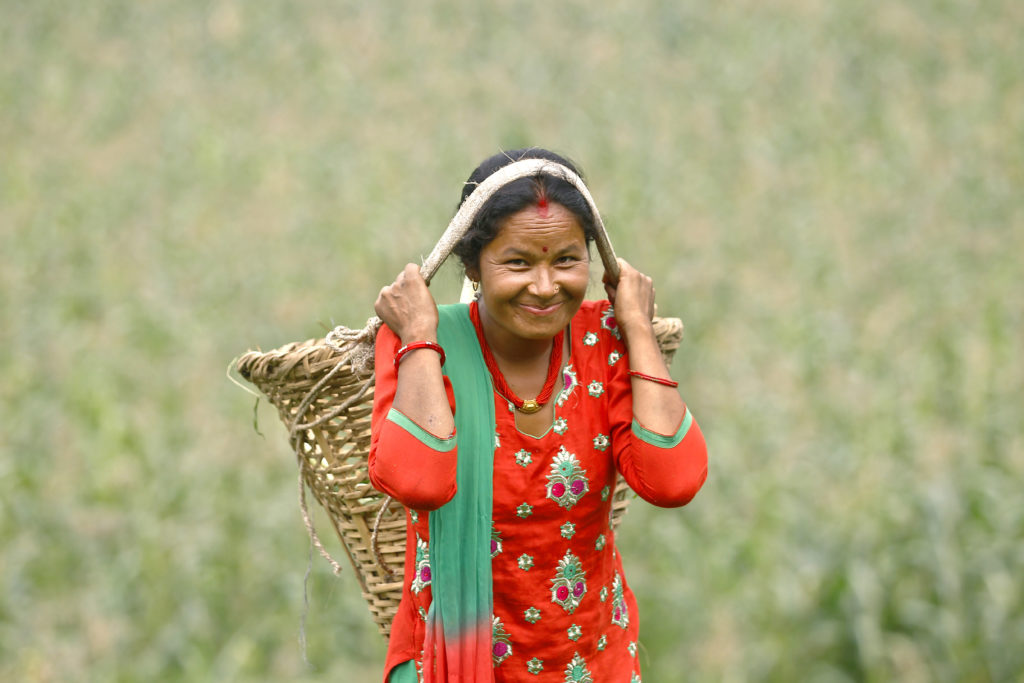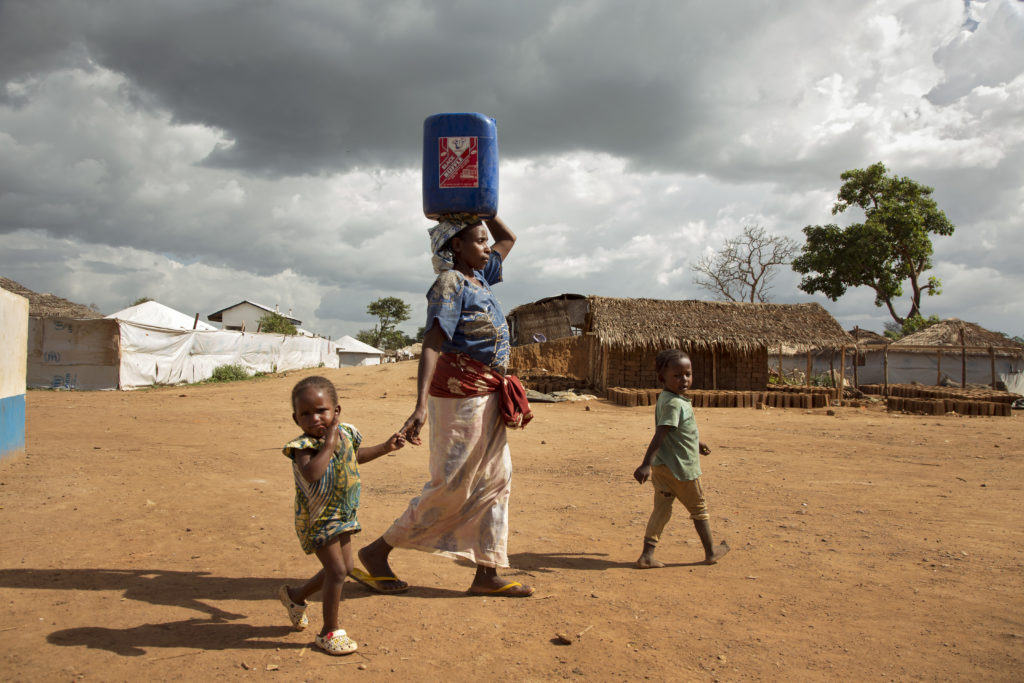Welcome!
How does climate change affect peace and security?
Climate change is increasingly being considered the greatest threat to peace and security in the 21st century. From more frequent natural disasters, such as heavy storms and extended droughts, to displacements of people living in high-risk areas, the rising temperatures are taking a toll on countries across the globe.
This new, self-paced, online course on “Climate change, Peace and Security” will lay the groundwork for a better understanding of how climate change hinders peace and security, while touching on other important topics that intersect them, such as gender and social inequalities. Upon completion, you’ll be equipped with the knowledge and tools to analyze different contexts affected by climate change and insecurity, and design policies, plans and interventions to prevent and manage associated risks.
Embark on this learning journey to explore the interlinkages between climate change, peace, security and social and gender-based inclusion.
Available soon. Access the flyer here.
Who is this course for?
The course has been designed to appeal to a broad target audience and everyone is invited to take it. However, stakeholders who may benefit greatly from this course are:
- Peace and development policymakers and practitioners
- Climate adaptation policymakers and practitioners
- Women, Peace, and Security policymakers and practitioners
- University students and researchers

What will you learn?
After completing the course, participants will be able to:
- Identify fragility, conflict, and climate risks using a gender/inclusion lens, specifically the interlinkages between them
- Illustrate challenges and opportunities these risks present to achieving sustainable and resilient livelihoods, gender and social equality, and long-lasting, inclusive peace
- Conduct integrated conflict, climate, and environmental analysis using a gender-responsive approach
- Design policies, strategies, programmes and interventions that integrate climate change, security, and gender/social equality objectives

Will you get a certificate?
The course features two levels of certification. Participants will first receive a completion “badge” for each module that they complete. Learning progress is assessed by means of a final quiz. Participants who pass the final quizzes will then be issued a certificate of completion. A quiz is successfully passed at a score of 70% or higher. Once the certification criteria have been met, users can download the certificate from the course’s webpage.
How is the course organized?
This online course divided into the following three modules:
Module 1: Climate Change, Peace and Security
This introductory module provides an overview of the interlinkages between climate change, peace and security through a “gender lens”. It also explores the ways in which gender and social norms and inequalities shape vulnerabilities as well as opportunities in the context of climate change and security, and highlights the importance of integrated action through a multi-dimensional lens for building sustainable, peaceful, and resilient communities.
Module 2: Conducting Integrated Climate, and Security Analysis, Using a Multidimensional Lens
Module 2 aims to provide participants with the knowledge and tools needed to conduct integrated and multi-dimensional conflict, climate, and gender/social analyses. Specifically, it provides insight into the process of conducting integrated analysis, reviews key conflict sensitive and gender-responsive data collection methods and sources, and assesses possible opportunities/entry points for risk prevention and promoting peacebuilding, climate adaptation, and/or gender equality.
Module 3: Entry Points for Policymaking and Programme Design
The final module focuses on applying results from integrated analysis to design effective policies, strategies and programmes, including monitoring and evaluating impact of addressing climate-related security risks.
The module is designed to respond to the learning needs of different groups of participants that are responsible for the design and implementation of policy, planning and programmatic interventions in different thematic areas. Specific target groups include those that design and implement policies and programmes for climate adaptation/mitigation, peacebuilding and conflict prevention/resolution, and gender equality/women’s empowerment.
To meet the learning needs of each of these target groups, the module features three distinct learning tracks that participants can select according to their thematic interests and expertise (e.g. embedding climate action into conflict prevention and peacebuilding; a conflict-sensitive approach to climate adaptation programme design; integrating climate action goals into women, peace, and security programming; etc.). At the beginning of the module, participants will be asked to answer a series of questions related to their professional background and pre-existing knowledge in order to aid them in selecting the most appropriate track.
